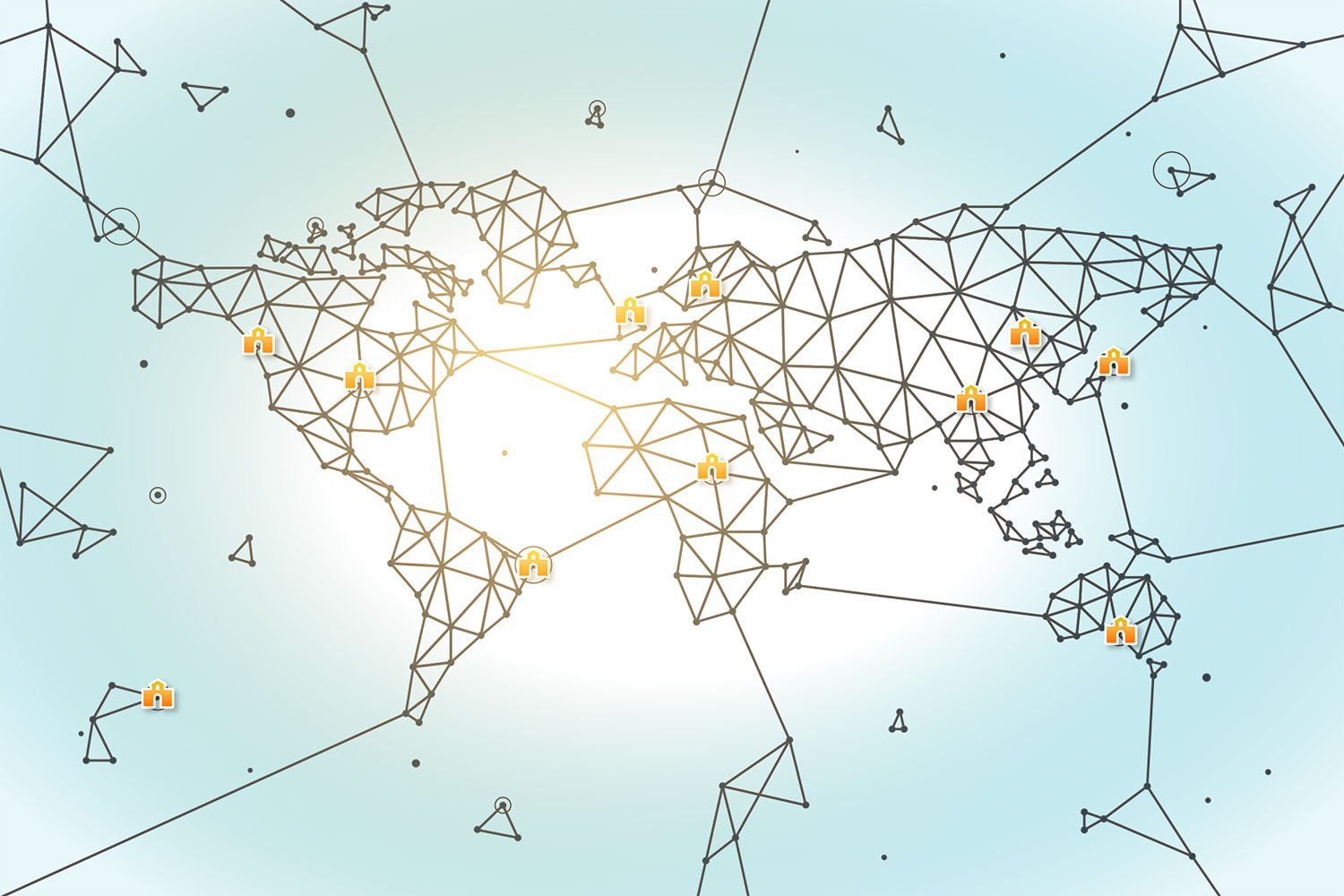A Global Perspective Can Make Good Schools Great
The room was a cacophony of sound. Students were clustered 3 or 4 to a table with laptops open. A few studied behind glass doors adjacent to the main room. At the front, a teacher was holding court at a white board, factoring quadratic equations and explaining her process to five students. These 15-year-old students at Kunnskapskolan Boras in Sweden were in charge of their own learning. That morning, we sat in their homeroom as they set their academic goals for the coming day in their digital logbook. How would they manage their time against a set of concrete objectives? Would they study alone or with peers? Would they make an appointment for a tutorial? At the end of each day, they checked in as a small cohort on the progress they made. This is a model that holds tremendous promise for instilling a sense of ownership and agency in the learning process. This is a model that helps kids better understand how they think and how they learn, so school isn’t happening to them, but rather they are driving their learning journey.
I walked into a teacher workroom at the Bolton School, a one-to-one iPad school in the United Kingdom. Two teachers were reviewing student-generated videos that annotated and explained how they addressed a complex physics problem. The teachers used regular formative assessment like this to truly understand the student learning process. Rather than listening for the right answer, they were instead probing into the learning process, looking for trends as well as individual understanding. While many schools use one-to-one programs for word processing or “drill and kill” skill building, the focus at this independent school is on improving teacher craft and unleashing creativity as learners engage in the learning experience.
With every school building I walk through around the world, I am most curious about the leadership of the school; is this building led by an instructional leader or a line manager? There is a clear correlation to learner success when the answer is the former. Too much is left to chance when it is the latter. While noted education researcher John Hattie tells us that teacher effect size (impact) is the biggest determinant of learner success, it is nearly impossible to separate the training, support, and working conditions in which those teachers exist.
Instructional leaders understand the intersection of pedagogy, curriculum, and student engagement. They work with their teachers to maximize learner ownership. They leverage what we know about cognitive science and work to ensure that learning is both joyful and applied. They work hard to make learning transparent to kids and their families. They support their educators and strive to build their capacity and foster ownership of their own leadership. They set vision and help to form a healthy culture.
A few weeks ago, I spoke at a conference in Gothenburg, Sweden, jointly hosted by the International Center on Educational Enhancement (ICEE)–a research center at the University of Bolton in the UK–and Kunskapskollan (KED), a network of more than 100 schools across Sweden, UK, the Netherlands, India, and the Middle East. At this conference, I had the pleasure of seeing cutting-edge learning models and meeting 70 school leaders, half from the United Kingdom and half from Sweden. These strong leaders are at various points on their journey to greater learner agency, personalization, and deeper learning for every student. Each of them recognizes that it is impossible to go it alone. Each of them is working hard to coalesce around a shared vision of instruction with their teams. While some are further along than others, each recognizes the critical nature of building faculty knowledge and skill. They are part of a global network of schools and school leaders that are making progress to “unleash greatness.”
2Revolutions, in partnership with the ICEE at the University of Bolton, is teaming up to grow this network of Global Lab Schools spanning eight nations around the world.
Right now, we are actively recruiting schools within the United States to be a part of this network.
We are engaged in this work for three reasons:
We need to focus more intentionally on building instructional leadership deeper within the school organization. Instructional rounds, teacher problems of practice, and peer feedback focused on instruction and assessment can help good schools and teachers become great.
We need to elevate the conversation. Education can be a lonely profession. Our schools and districts can be echo chambers. There are meaningful opportunities to learn from peer leaders and other schools. There is also a big world of unique approaches out there. The benefits of learning cross-culturally can widen our aperture on what is possible.
Educators can and should create and disseminate knowledge. There is a powerful opportunity to unleash the expertise of participating educators to influence their own districts and other districts and peers around the world.
To learn more about this opportunity, reach out to shamara@2revolutions.net by April 15th. We are currently recruiting the first American cohort to join the Global Lab. Work will begin in the Summer of 2022.



